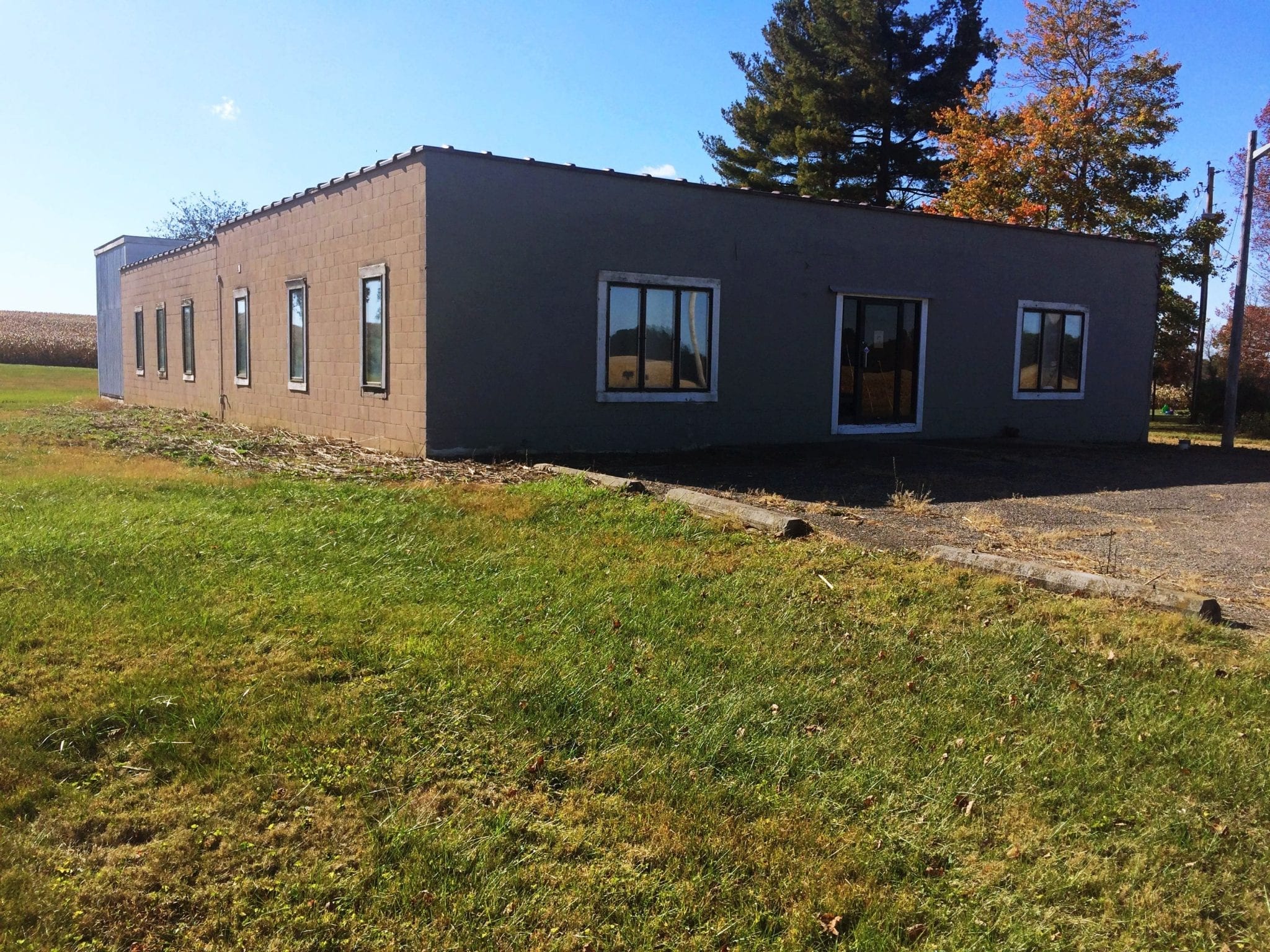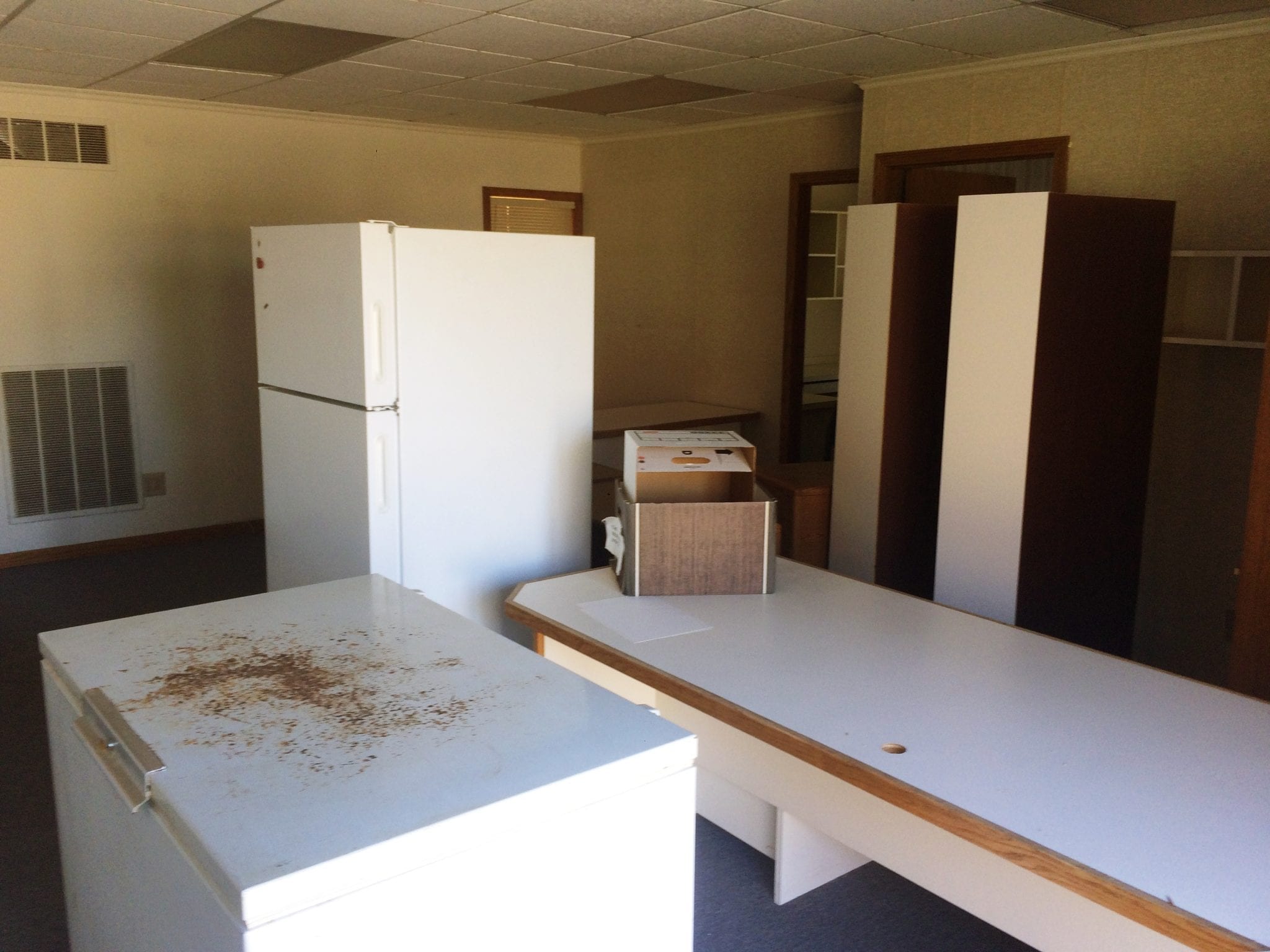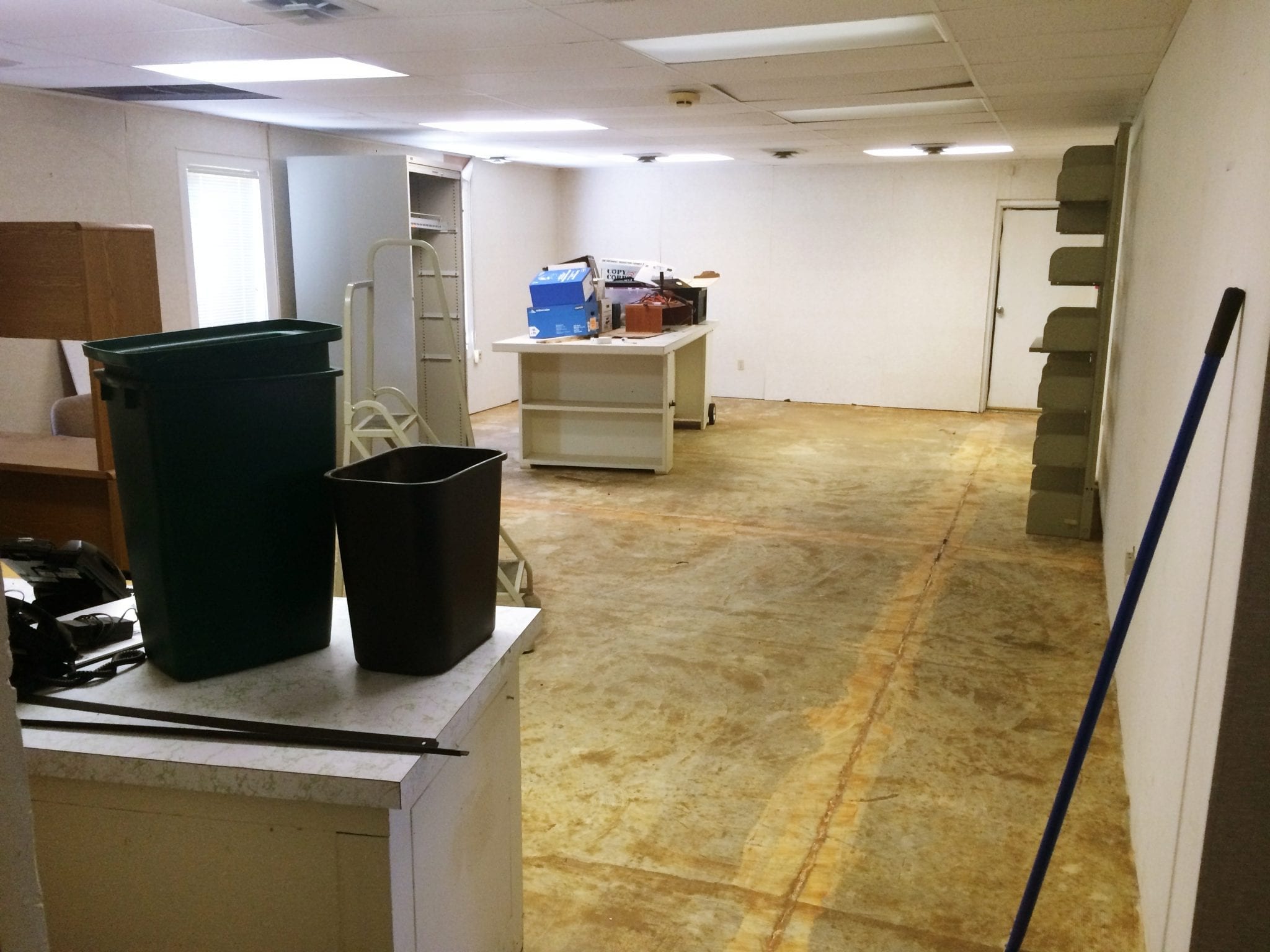James McAvene's Meadery
A Homemade, Honey-Based Wine That's Raising Awareness for Dying Honeybees

The James McAvene’s Meadery is a local business started by Phillip Nielssen that will produce honey-based wine (mead) and other honey products to help revitalize the honey bee population in Ohio and the demand for honey products in the USA as a whole.
Quick facts
Pesticides and habitat loss are the two largest causes behind our worldwide diminishing bee populations. Bees reproduce mostly during the spring and summer. Typically, a bee hive will decline by 5-10% over the winter, and replace those lost bees in the spring.
-
- Winter losses are frequently reaching 30-50%, in some cases more
- There has been more than a 60% reduction in hives since 1947 (6 million in 1947 to 2.4 million in 2008)
- Among crops that require bee pollination, the number of bee colonies per hectare has declined by 90% since 1962
- Biologists have found more than 150 different chemical residues in bee pollen
Source: Greenpeace (these facts are all for the United States)
Having grown up in rural central Ohio, Phillip remembers seeing honey bees pollinating continuously in fields and on wildflowers during the spring and summer seasons back home. But when he moved back a few years ago after completing college, military service, and travel around the world, that had changed. Inspired by local beekeepers and global movements to “save the bees”, Phillip decided to make it a goal to lower the possibility of extinction for these populations in Ohio and raise awareness for the rest of the United States. Here are a few things that he’ll be doing to reach that goal:
- Growing his business to where he can have his own bees, fruit trees and vines.
- Employing workers from his local community help him sustain his business and land.
- Developing a peel-back label for his mead bottles that will have informational facts about honey bees and how individuals can help to do their part in saving the population.
The $2,000 Stardust grant will help finance the building’s lease payments, an exhaust fan, a new sink, and floor polish for the space. As soon as the facility is built, Phillip will start bringing in employees and purchasing the fruit and honey. Initially, he will be producing 5,400 gallons of mead, which will have to ferment and age. Within a year the mead will be ready to bottle and sell. Phillip plans to make traditional honey mead for year-round sales as well as release seasonal flavors throughout the year.




